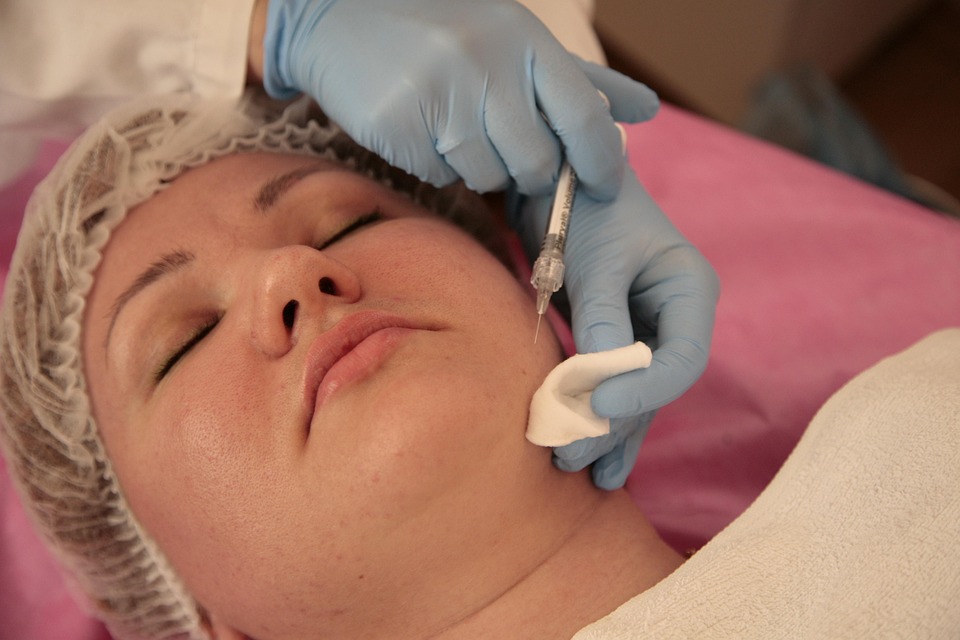Creating a compelling CV is an art, especially for dermatologists in the UK, where competition is fierce and the demand for skilled professionals is ever-increasing. A well-structured resume can make the difference between landing an interview and being overlooked. Here’s how you can elevate your CV to ensure it stands out in the crowded job market.
1. Personal Details
Start with the essentials. Your name, contact number, email address, and LinkedIn profile should occupy the top section of your CV. While it may seem mundane, clarity here is vital. Ensure your email address is professional—no quirky nicknames or outdated references.
2. Professional Summary
A succinct professional summary can capture the attention of hiring managers instantly. This should encapsulate your experience, skills, and what you bring to the table. Think of it as your elevator pitch, but written. For instance, “Dedicated Consultant Dermatologist with over eight years of experience in clinical practice and a strong focus on patient-centred care. Proven track record in dermatological surgeries and skin cancer management.”
3. Qualifications
Your academic credentials are paramount. List your medical degree, any fellowships or specialisations, and relevant certifications. Each entry should include the institution, date of completion, and any honours received. Highlighting memberships in professional bodies, such as the British Association of Dermatologists, can also enhance your standing.
4. Clinical Experience
When detailing your work history, adopt a reverse chronological format. Start with your most recent position and work backwards. For each role, include the job title, the name of the institution, and a brief description of your responsibilities and achievements. Use bullet points for clarity and impact. Quantifiable achievements—like “Reduced patient wait times by 20%” or “Conducted over 150 dermatological surgeries with a 98% success rate”—can significantly bolster your profile.
5. Skills
Your skill set should reflect both hard and soft skills. In dermatology, technical expertise in treatments and procedures is crucial, but so is the ability to communicate effectively with patients. Consider categorising your skills into clinical competencies (like laser therapy, biopsies, etc.) and interpersonal skills (like empathy, teamwork, and leadership).
6. Research and Publications
If you’ve contributed to medical research or have publications in respected journals, dedicate a section to showcase this. Include the title of the paper, the journal, and the year of publication. This not only illustrates your commitment to the field but also your engagement with ongoing medical advancements.
7. Continuous Professional Development
In an ever-evolving field like dermatology, showcasing your commitment to lifelong learning is vital. List any relevant courses, workshops, or conferences you’ve attended. This demonstrates to potential employers that you’re proactive about staying updated with the latest practices and innovations.
8. References
While it’s common to simply state that references are available upon request, consider including one or two professional references who can vouch for your skills and character. Ensure you have their permission beforehand and provide their contact information.
Crafting a standout CV as a dermatologist in the UK requires attention to detail and a thoughtful presentation of your credentials and experiences. By following this template, you’ll be well on your way to capturing the interest of hiring managers. Remember, the goal is to present a clear, concise, and compelling narrative of your professional journey.
As you refine your CV, keep in mind that CVPortal continues to provide a wealth of high-quality resume references to guide you in your job application journey.


